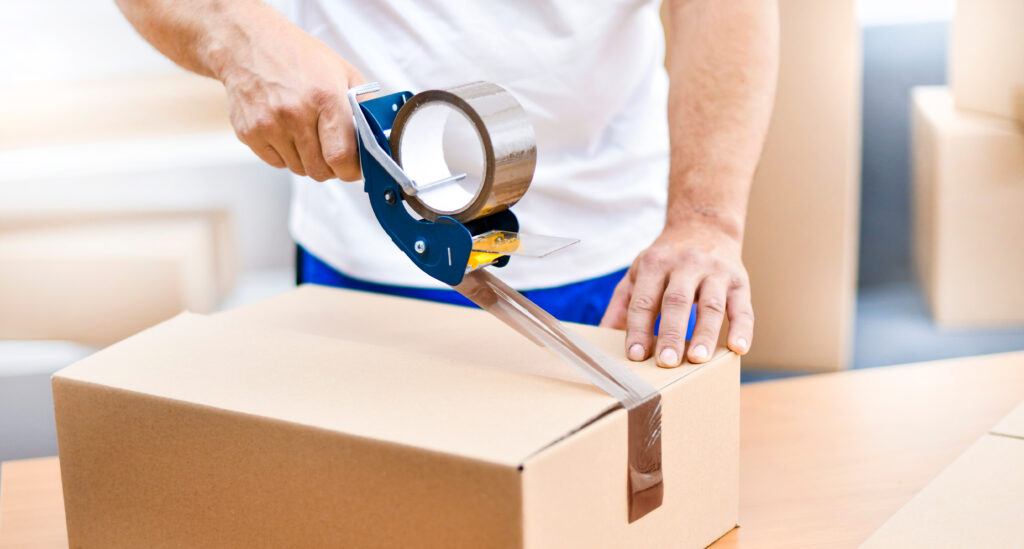Carton sealing tape is a pivotal element that can determine the safety, security, and presentation of your shipped goods. Each box sealed represents not only your product but also your brand’s commitment to quality and reliability. Considerations for selecting the optimal tape include thickness, tensile strength, adhesive types, and more. Understanding each equips you with insights to make informed decisions tailored to your specific packaging requirements.
Thickness
Thickness is directly related to the strength, durability, and overall performance of carton sealing tape. Thicker tape typically offers greater resistance to tearing and damage, making it ideal for heavier packages or those subjected to rough handling during transit. Conversely, thinner tapes may be suitable for lighter packages or applications where flexibility is paramount. Understanding your specific packaging needs will help you determine the optimal thickness for your carton sealing tape.
Tensile Strength
Tensile strength is a critical factor in assessing a tape’s ability to withstand stretching and pulling forces without failing. For carton sealing tape, this characteristic directly correlates with the tape’s capacity to hold packages securely together during transportation and storage. Higher tensile strength tapes are better equipped to handle heavier loads and provide added reassurance against package breakage or tampering. Evaluating the tensile strength of different tape options ensures you select a product that aligns with the demands of your packaging operations.
Adhesive Types
The adhesive type employed in carton sealing tape significantly influences its bonding capabilities, temperature resistance, and suitability for various packaging scenarios. Here’s a breakdown of the most common adhesive types and their respective applications:
- Acrylic Adhesives: Known for their robust initial tack and long-term adhesion, acrylic adhesives are versatile and resilient, making them suitable for a wide range of packaging needs.
- Hot Melt Adhesives: With rapid setting times and strong initial tack, hot melt adhesives are favored for high-speed packaging operations and sealing heavy or bulky packages.
- Synthetic Rubber Adhesives: Offering excellent tack and flexibility, synthetic rubber adhesives are ideal for applications requiring strong adhesion to diverse surfaces.
- Natural Rubber Adhesives: Renowned for their exceptional initial tack and compatibility with porous materials, natural rubber adhesives excel in sealing and bundling applications while tolerating humid and damp conditions.
Additional Considerations
In addition to the primary factors mentioned above, there are several supplementary considerations worth exploring when selecting carton sealing tape:
- Pre-Printed Tape: Enhance package identification and security by utilizing pre-printed tape, which can include handling instructions, security warnings, and branding elements.
- Colored Tape: Simplify sorting and organization with color-coded packaging systems, leveraging colored tape for easy visual identification of package contents or destinations.
- Custom Tape: Elevate your brand presence with custom carton sealing tape featuring your logo, name, or promotional message, providing a unique unboxing experience for customers while reinforcing brand recognition.
By carefully evaluating these considerations and understanding their implications for your packaging needs, you can confidently select the ideal carton sealing tape to safeguard your shipments and enhance your brand’s reputation.
